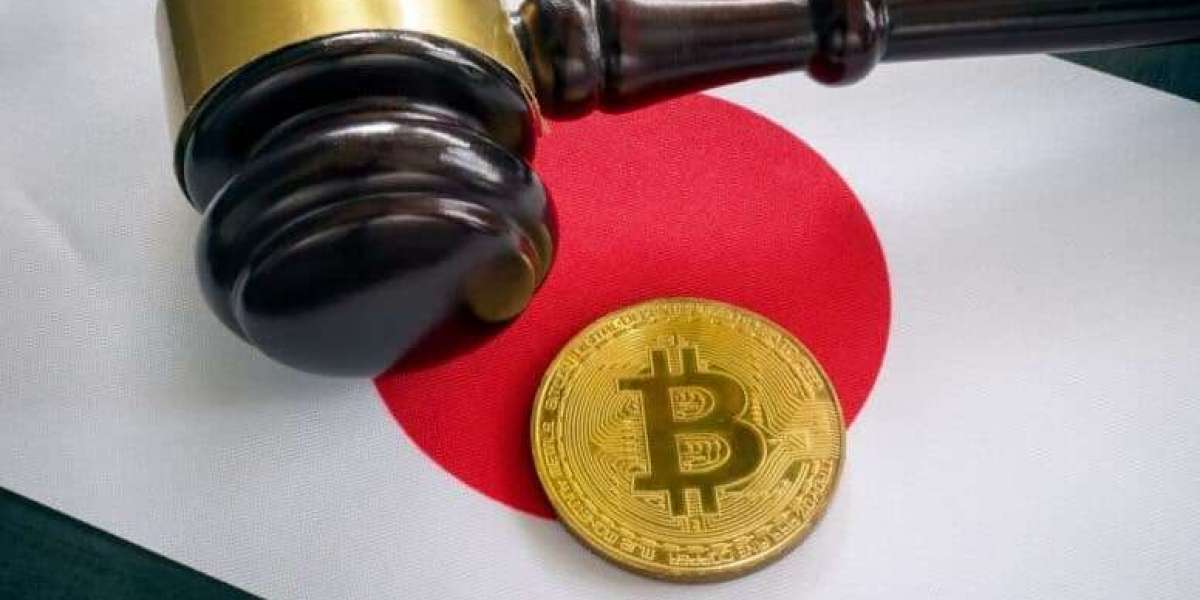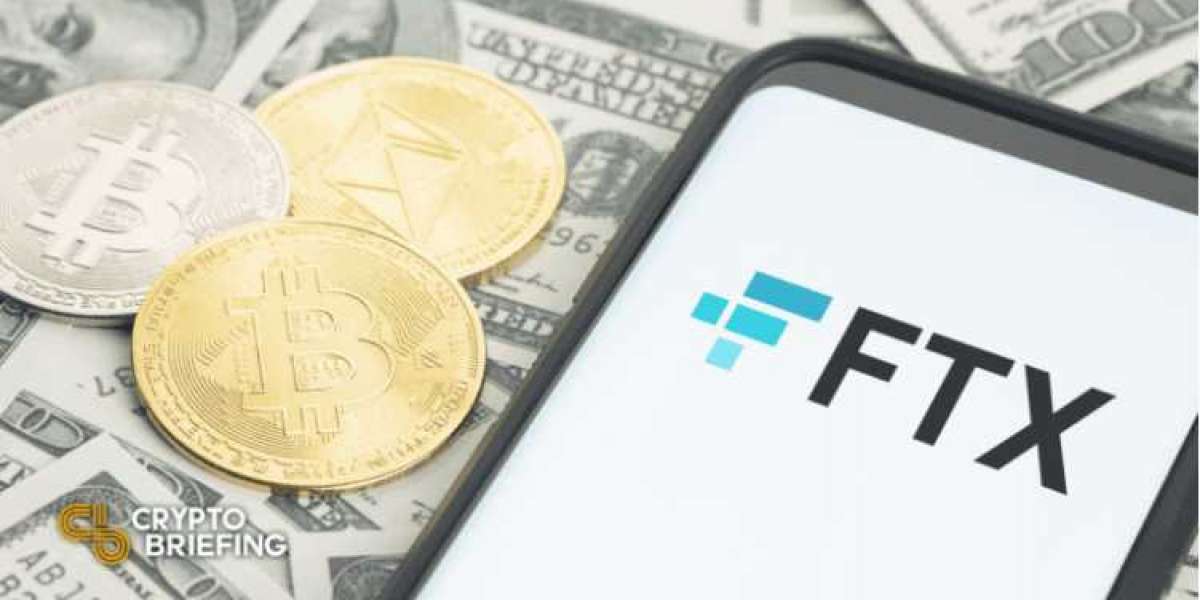AML Stricterness Confirms Japan's Aggressive Digital Assets Policy
To increase the traceability of crypto-based transactions, stricter AML procedures will become effective on June 1. Kyodo News broke the news on Tuesday, May 23 that the Japanese legislature had approved new AML procedures.
ALSO READ:Central Banks Fear CBDC Risks, Can't Regulate Fintech
In support of the stricter AML provisions, the legislators asserted that enforcing the legislation would bring the country's legal framework in line with the global supervision standards implemented by its developed peers.
The road to the May 23 approval began in December, when Japanese lawmakers acknowledged the inadequacy of the nation's AML legislation. As a result, they devoted themselves to amending the existing legislation in accordance with the FATF's identified vulnerabilities.
Amended AML Legislation Provides Necessary Aid to the Travel Rule
According to the Kyodo News report, parliamentarians praised the ratification as a gift to the nation in its fight against illicit financing. In particular, legislators view the amended AML procedures as essential to expedite the enforcement of the Travel Rule. Its success will result in precise monitoring of criminal proceeds.
The provisions of the Travel Rule mandate that all financial institutions executing crypto-related remittances exceeding $3,000 must provide customer identifications to the recipient. The rule stipulates that such information must include the customer's name, the sender's address, and the recipient's account information.
During the recent G7 summit in mid-May, the Travel Rule provisions were a prominent topic of conversation among world leaders. The G7 Committee endorsed the Travel Rule procedures for crypto-related transactions, with Japan serving as the host country for the delegates.
In addition, the G7 Committee supported FATF initiatives to accelerate the harmonization of global cryptocurrency standards. It noted that the Travel Rule's safeguards against the dangers of anonymity in DeFi arrangements and illicit financing during peer-to-peer transactions are facilitative.
Parliament endorses the FSA's efforts to tighten crypto exchange regulations.
The legislators concurred with the G7 Committee that Japan is an early adopter of cryptocurrencies and a pioneer in legalizing their status as property. As a result, the adoption of stringent crypto regulations is desirable as a confidence-building measure for virtual assets.
ALSO READ:Elon Musk Tweet Propels Milady Floor NFT Prices
In the meantime, the stricter AML procedures will integrate seamlessly with the Financial Services Agency's (FSA) position. In recent statements, the regulator has affirmed the need for stricter regulations pertaining to the cryptocurrency exchange.
The strict culture of the FSA is attributable to the regrettable hacking incident in which Mt. Gox and Coincheck were compromised.
In addition to enforcing the Travel Rule, the FSA employs multiple regulations to exert control over the cryptocurrency exchange. Primarily, it protects consumers by mandating the separation of client assets from company assets. During annual audits, the possessions are subject to inspection.
Japan's Aggressive Digital Asset Policies
FSA leverages the regulation prohibiting investors from borrowing on leveraged transactions in excess of their initial investment. In addition, the FSA mandates that all licensed cryptocurrency exchanges retain at least 95% of client funds in secure, verifiable cold wallets.
Japan's decision to increase crypto regulation standards is a response to FATF's past criticism that it relied on inadequate procedures. Since Japan's inadequacies in regulating digital assets were exposed in 2021, the country has consistently passed more stringent laws.
In June 2022, the Japanese legislature authorized a legal framework that defined stablecoins as digital currencies. The law reserved stablecoin issuance exclusively for registered trust organizations, banks, and money transmission companies.
In 2022, Japan would reintroduce its aggressive posture on digital assets and amend the Foreign Exchange Act. It was believed that the modifications to lash the whip on crypto-based transactions would reach sanctioned Russian nationalists.
ALSO READ:Trades Peck Review – Is TradesPeck Scam or Legit?
In addition to FATF's criticism, Japanese regulators cite the harrowing events of 2022 during the FTX implosion as justification for their aggressive policies targeting digital assets.




Mimi 5 w
Good